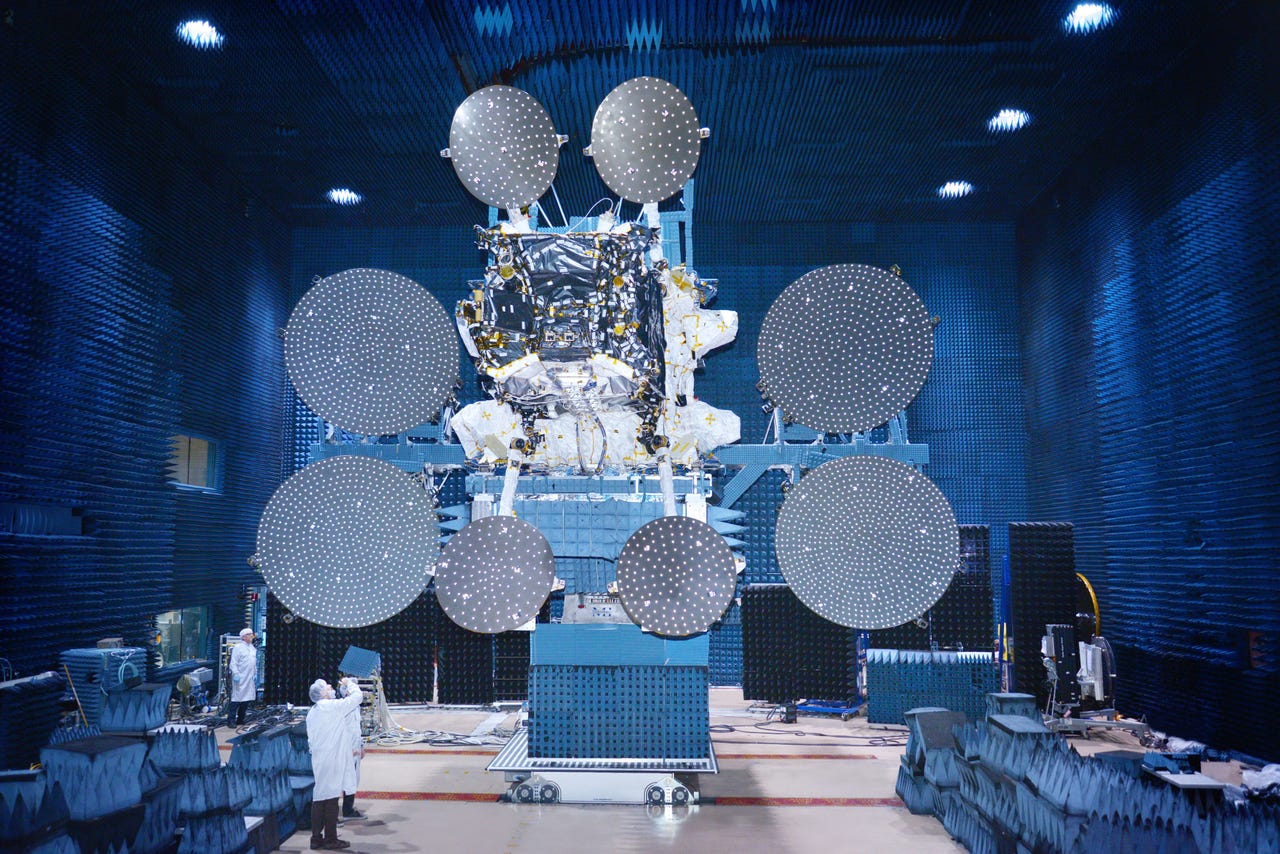Labor wants review of Conrovian NBN satellite service it created


For all of the stockpiles of ammunition to attack Malcolm Turnbull and Mitch Fifield for ruining the NBN since 2013, crippling the satellite service is not one of them, but Labor has decided it is worth a go.
Under the watchful eye of former Communications Minister and Labor powerbroker Senator Stephen Conroy, the Australian government penned a AU$620 million satellite deal which then-Shadow Communications Minister Malcolm Turnbull said was a Rolls-Royce approach to providing satellite services to remote regions.
It is also worth noting that at the time, in typical overreaching fashion, Turnbull also said there was enough capacity on existing commercial satellites to cater for regional Australia.
Fast forward to 2017, and the pair of Sky Muster satellites are serving the nation and NBN is now thinking about launching a third to help resolve some of the issues with the service.
Make no mistake, some form of satellite service has been baked into the NBN since that April day in 2009 that turned the communications industry in Australia on its head, and Sky Muster is the one footprint most resembling its original Labor blueprint.
Nevertheless, in the wake of ongoing complaints about the satellite service such as rain fade, Labor Shadow Minister For Regional Communications Stephen Jones has called for an independent expert to review the NBN satellite service.
"Increased data limits is a welcomed concession, but the Turnbull government must now address the issues around installation failures and reliability of service," Jones said.
"We know that reliable satellite broadband is vital for rural, regional, and remote Australia."
The Labor-purchased satellites that Jones is claiming are unreliable are also the same satellites that are causing problems with the removal of the telecommunications Universal Service Obligation, since they are not capable of providing voice services without a high level of latency.
Regardless of which party was in power, the problems with the satellite service would have materialised.
If Labor wants to have an expert go through the ticking time bombs planted into the NBN when it was in power, then it should begin by calling for someone to review the CVC pricing structure, an economic and political problem that is holding back the NBN more than the multi-technology mix is.
Long-time CVC critic Bevan Slattery pointed out last year that the economics of the NBN are such that it would soon be cheaper to route data internationally than to a domestic NBN point of interconnect (POI).
"The CVC charge congestion tax is galactically stupid pricing," Slattery said at the time.
"The cost of international capacity, I think, is going to remain cheaper than the CVC charges. So international capacity for the next five years or 10 years is going to be cheaper than the CVC charges ... there is no way it should be cheaper to get connected from next door to the POI next door than it should be to go trans-continental. That's just crazy."
By contrast, Shadow Communications Minister Michelle Rowland said last week that the CVC and access virtual circuit (AVC) was well suited for a full fibre network.
"One feature of the [AVC and CVC] pricing design is it provides scope for differentiation whilst creating a framework where competition can cater for affordable, entry-level prices," she said. "This approach has merit if the underlying economics are sound, and consumers have good information."
Once the CVC review is complete, Jones could then call for review into why the NBN was kept off budget by Conroy and Rudd, and how Labor baked in the consumer buck passing that we are seeing today.
For the more conservative-leaning watchers who would enjoy the schadenfreude of rehashing NBN history, don't worry; there will be plenty of spare crow to be eaten once the Coalition next loses power -- no one walks away from the NBN without blame.